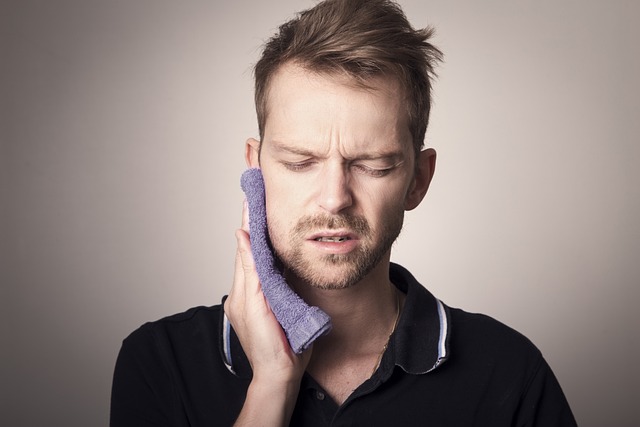Did you know that your teeth and your head might be having secret conversations?
While it might sound like something out of a science fiction story, there’s a real connection between toothaches and headaches that science has uncovered. It turns out that when your teeth “talk,” your head is listening, and the result can be a pounding headache that leaves you reaching for the aspirin.
When teeth talk, heads listen. This old adage couldn’t be more true. Are you wondering, can a toothache cause a headache?
We’re here to give you the inside scoop. Keep reading to learn all about the connection between toothaches and headaches.
Let’s begin!
The Dental-Headache Connection: Can a Toothache Cause a Headache?
You might be wondering how on earth your teeth, which are located in your mouth, could be related to the headaches you feel in your head. The answer lies in the complex network of nerves that crisscross throughout your face and head.
The nerves in your teeth and jaws are closely connected to those in your head, and when something goes awry in your mouth, it can send signals that lead to a headache.
The Role of Dental Issues
So, what dental problems could trigger this conversation between your teeth and head? One common culprit is bruxism, the unconscious grinding or clenching of teeth, often during sleep.
This can create tension in the muscles that connect your jaw to your head, resulting in a headache. Similarly, dental infections, especially in the root of a tooth, can send pain signals up the nerve pathways to your head, causing a throbbing headache.
The Tension Connection
Another key player in the toothache-headache dynamic is muscle tension. Dental issues can lead to jaw clenching and muscle tightness in the face and neck, which can radiate pain to your head. Think of it as a domino effect: the discomfort in your teeth leads to muscle tension, which in turn triggers a headache.
The Shared Nerve Pathways
The nervous system is like a complex highway. With various pathways, that information travels along. In the case of a toothache and headache, there are shared nerve pathways that allow pain signals from the teeth to “communicate” with the brain, leading to the perception of pain in both areas. This is why a problem in your teeth can manifest as a headache – the brain is receiving mixed signals from these shared nerves.
Prevention and Relief
If you’ve ever experienced the double whammy of a headache and toothache at the same time, you know how miserable it can be. The good news is that addressing dental issues can often provide relief from both types of pain.
Regular dental check-ups with your friendly dentists can help catch problems like infections or misalignment early, preventing them from escalating into headaches. If you’re prone to grinding your teeth, your dentist might recommend a night guard to prevent excessive pressure on your jaw muscles.
Understanding the Connection Between Toothaches and Headaches
So, can a toothache cause a headache? A toothache, regardless of its intensity, can cause severe headaches. In every instance, the health of our teeth and gums should be taken seriously.
Therefore, monitoring and preventative care of our oral health is paramount so that we can avoid toothaches and headaches. Let’s be proactive and take the necessary steps to protect our teeth. Visit your dentist today!
If you enjoyed this article and would like to read more like this, check out the rest of our blog page right now.







